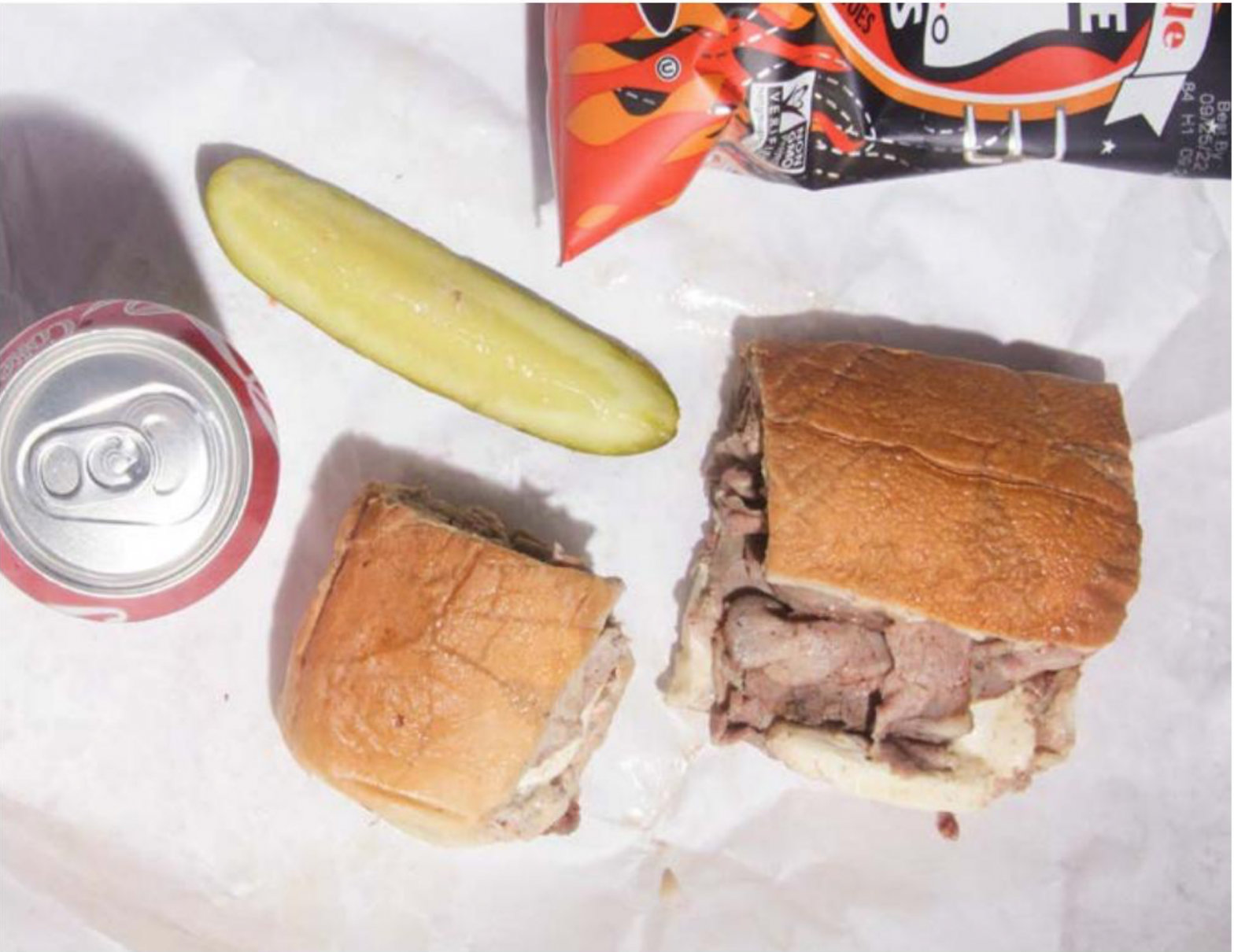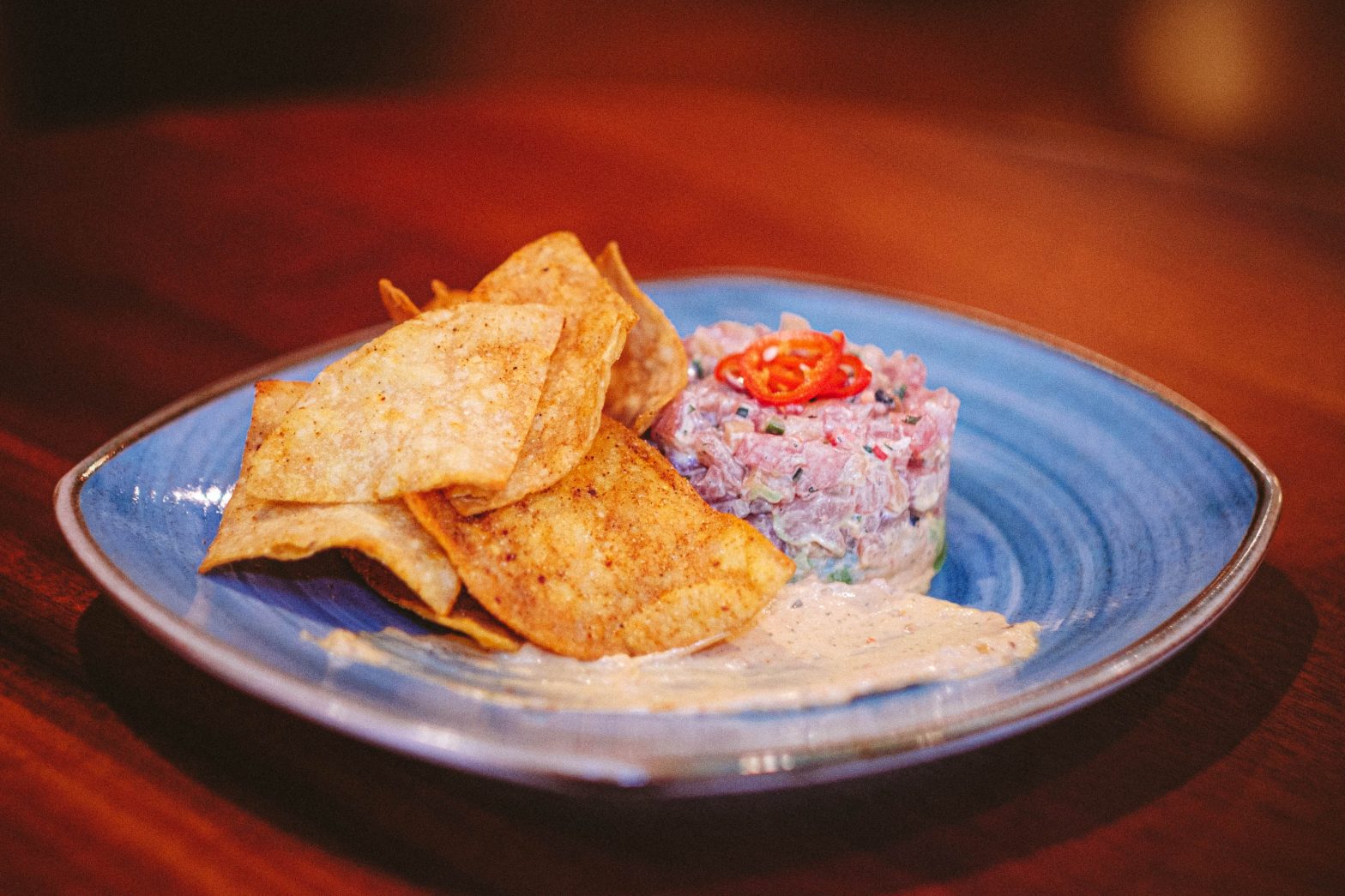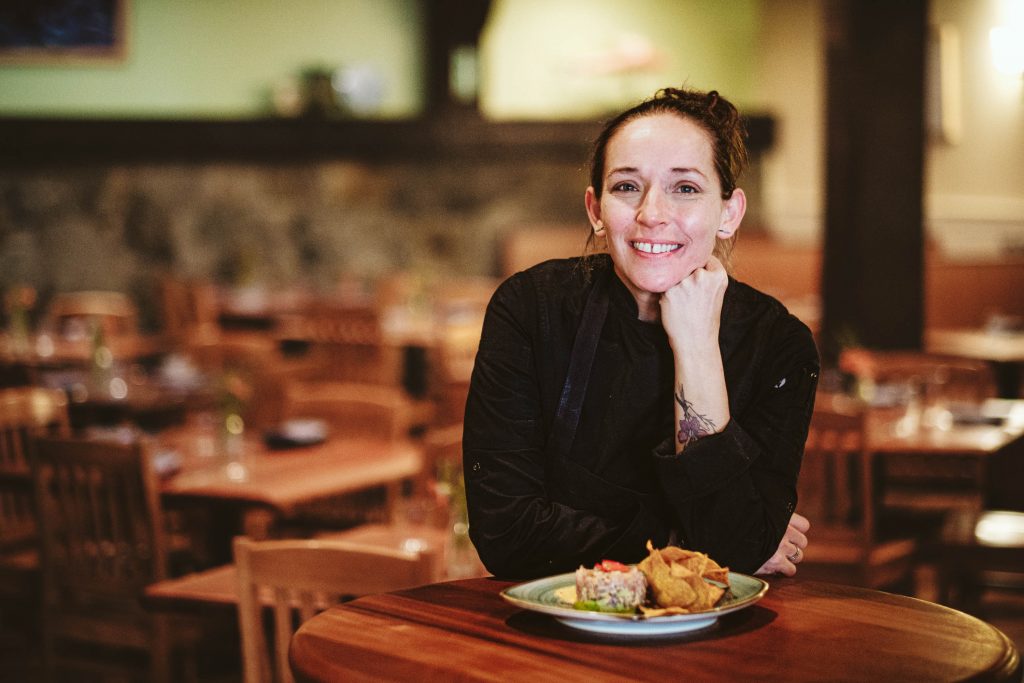It’s been more than 40 years since Ralph Sampson led the University of Virginia Cavaliers to a run of basketball glory that included an NIT title in 1980, an NCAA Final Four appearance in 1981, and a trip to the NCAA Elite Eight in 1983. The 7-foot, 4-inch Harrisonburg native was one of the most sought after college recruits of his generation, winning NBA Rookie of the Year and making the cover of Sports Illustrated six times during his college career. He retired from pro basketball in 1995, went into coaching for several years, and was inducted into the Basketball Hall of Fame in 2011.
For his latest rebound, Sampson returns to Charlottesville to lead a new team at Ralph Sampson’s American Tap Room, which held its grand opening at its Barracks Road location last month.
“The opening weekend was crazy,” says Sampson. “It happened to line up with alumni weekend, so the opening celebration with the teams tested us from the start.”
The stylish restaurant combines a traditional sports bar with upscale-casual dining, and it’s clear how much consideration went into every aspect, including the decor. Seated under a wall of signed basketballs, accented by a miniature statue of Sampson himself, the superstar baller takes care to emphasize that “this is not just a sports bar. We want it to be a place where people can have great experiences and great food. You’ll never see me hang my jersey on the wall.”
The idea, says Sampson, is to bring together the community as a whole. “The world of UVA can feel very separate from the rest of the city,” he says. “Like when I was a student, I didn’t feel like I knew the rest of Charlottesville. So we hope that this can be a place for both communities.”
The menu follows the vibe of the restaurant with a mix of bar food and fine-dining options, intending to offer something for everyone. A bacon-wrapped filet mignon with lobster tail rings in at $54, with burger prices around $14.
An order of the jumbo lump crab cake arrived softly composed, herby, and drizzled with grilled lemon accompanied by crispy, well-seasoned fries. A side of dijonnaise complemented the crab dish, as did the house IPA—Ralph’s Big Juicy, a mouthwatering citrusy beer developed in partnership with Three Notch’d Brewing Company.
With plenty of room for dessert, Sampson personally recommended the Rockslide brownie sundae. “It’s one of my favorites on the whole menu,” he says. “The chocolate is so rich and soft, there’s nothing else like it.”
Sampson approaches his foray into the restaurant business with a coach’s mentality. “I want to win championships in the restaurant industry,” he says. He understands that success in this field, like sports, comes from building a team of talented, hard-working players.
Sampson partnered with Thompson Hospitality, the group behind The Ridley on West Main Street, to build his first original-concept restaurant. “I first met Warren [Thompson] back when we were both at UVA, but it wasn’t until recently that we connected again over this project,” he says. “There were so many moving parts and some setbacks when it came to opening this place up. It really showed us our strengths and our weaknesses, and I was lucky to have such an experienced and professional team on my side.”
Sampson says he has lots of plans for the space, everything from screenings of classic games to meet-and-greets with professional athletes and live recordings of his all-things-sports podcast, “Center Court.” With its community focus, and sports history foundation, his American Tap Room is a place where Sampson is sure to power forward once again.







